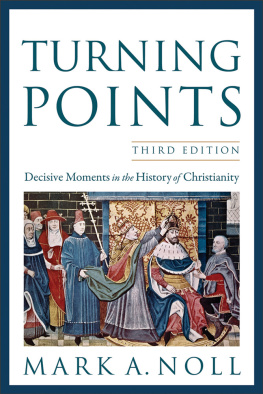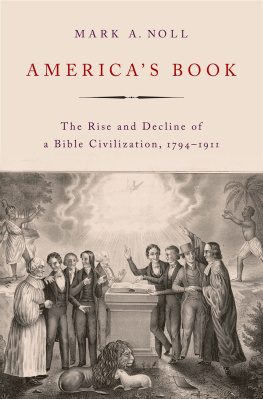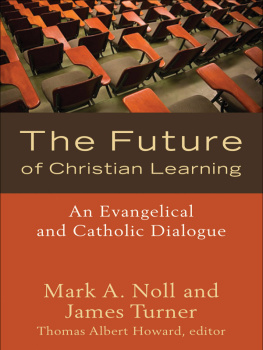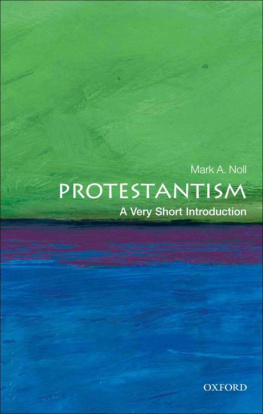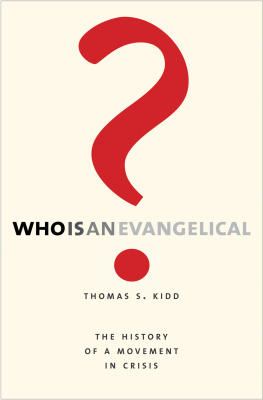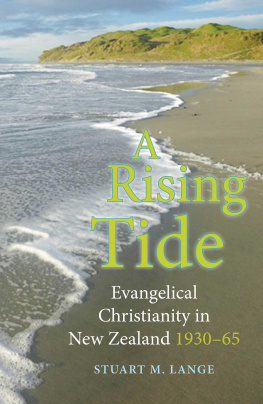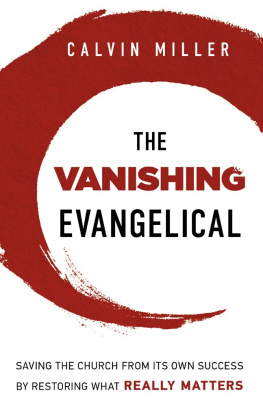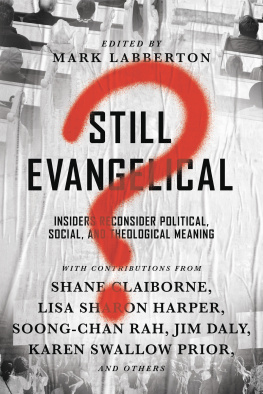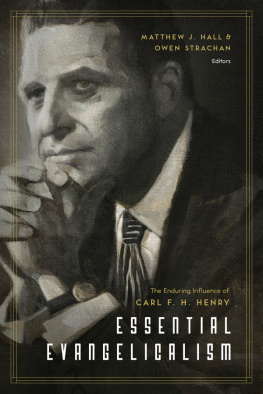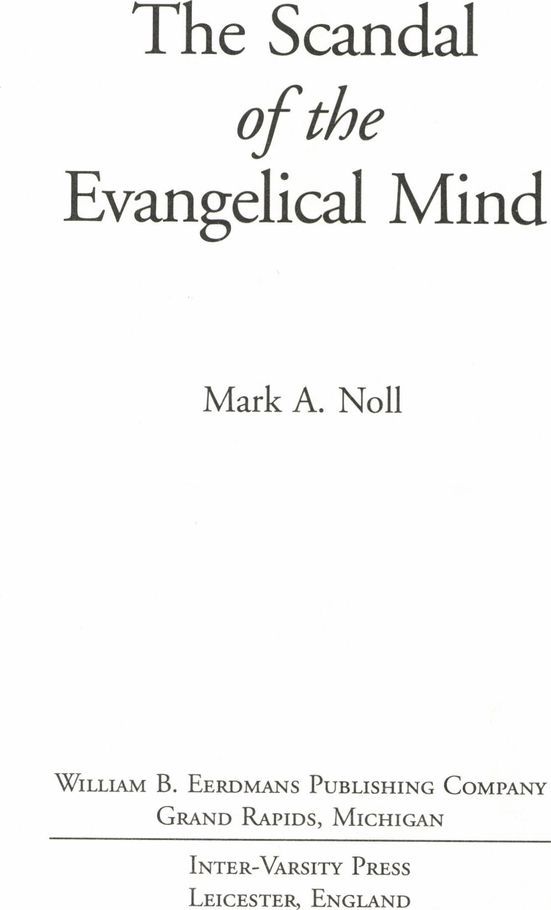Table of Contents
Mirabile mysterium declaratur hodie, innovantur naturae:Deus homo factus est, id, quod fuit, permansit, et quod nonera, assumpsit, non commixtionem passus neque divisionem.
(A wondrous mystery is proclaimed today; all natures are renewed: God has become human: He remained what He was, and what He was not he became, suffering neither confusion nor division.)
Jacob Handl (1550-91), Mirabile mysterium
Copyright 1994 by Wm. B. Eerdmans Publishing Co.
255 Jefferson Ave. S.E., Grand Rapids, Michigan 49503
First published jointly 1994 in the United States by Wm. Eerdmans Publishing Co. and in the U. K. by Inter-Varsity Press
38 De Montfort Street, Leicester LE1 7GP, England
Paperback edition 1995
All rights reserved. No part of this publication may be reproduced, stored in a retrieval system, or transmitted, in any form or by any means, electronic, mechanical, photocopying, recording or otherwise, without the prior permission of the publishers.
Printed in the United States of America
00 765 5
Library of Congress Cataloging-in-Publication Data
Noll, Mark A., 1946-
The scandal of the evangelical mind / Mark A. Noll.
p. cm.
Includes bibliographical references and index.
ISBN 0-8028-4180-5
1. Evangelicalism United States. 2. Christianity United States Forecasting.
3. Christianity and culture. I. Title.
BR1642.U5N65 1994
280.40973 dc20 94-18843
CIP
British Library Cataloguing in Publication Data
A catalogue record for this book is available from the British Library
Inter-Varsity Press ISBN 0-85111-165-3
Unless otherwise indicated, all biblical quotations in this work are taken from the HOLY BIBLE: NEW INTERNATIONAL VERSION. Copyright 1973, 1978, 1984 by the International Bible Society. Used by permission of Zondervan Bible Publishers.
Inter-Varsity Press is the book-publishing division of the Universities and Colleges Christian Fellowship (formerly the Inter-Varsity Fellowship), a student movement linking Christian Unions in universities and colleges throughout the United Kingdom and the Republic of Ireland, and a member movement of the International Fellowship of Evangelical Students. For information about local and national activities write to UCCF, 38 de Montfort Street, Leicester LE1 7GP.
To the faculty and trustees of Wheaton College
Preface
This book is an epistle from a wounded lover. As one who is in love with the life of the mind but who has also been drawn to faith in Christ through the love of evangelical Protestants, I find myself in a situation where wounding is commonplace. Although the thought has occurred to me regularly over the past two decades that, at least in the United States, it is simply impossible to be, with integrity, both evangelical and intellectual, this epistle is not a letter of resignation from the evangelical movement. It intends rather to be a cri du coeur on behalf of the intellectual life by one who, for very personal reasons, still embraces the Christian faith in an evangelical form.
As one might expect from an evangelical on such a subject, this is not a thoroughly intellectual volume. It is rather a historical meditation in which sermonizing and the making of hypotheses vie with more ordinary exposition. It is meant to incite more than it is meant to inform. The notes are here to show where fuller academic treatments, a few of them by myself, may be found. Several of the chapters were first given as talks or lectures, although everything has been rewritten for this volume.
The book is dedicated with gratitude and respect to my colleagues at Wheaton College, where we together fight the fights and inflict, sometimes on each other, the wounds that are the subject of this book.
PART 1
THE SCANDAL
CHAPTER 1
The Contemporary Scandal
The scandal of the evangelical mind is that there is not much of an evangelical mind. An extraordinary range of virtues is found among the sprawling throngs of evangelical Protestants in North America, including great sacrifice in spreading the message of salvation in Jesus Christ, open-hearted generosity to the needy, heroic personal exertion on behalf of troubled individuals, and the unheralded sustenance of countless church and parachurch communities. Notwithstanding all their other virtues, however, American evangelicals are not exemplary for their thinking, and they have not been so for several generations.
Despite dynamic success at a popular level, modern American evangelicals have failed notably in sustaining serious intellectual life. They have nourished millions of believers in the simple verities of the gospel but have largely abandoned the universities, the arts, and other realms of high culture. Even in its more progressive and culturally upscale subgroups, evangelicalism has little intellectual muscle. Feeding the hungry, living simply, and banning the bomb are tasks at which different sorts of evangelicals willingly expend great energy, but these tasks do not by themselves assist intellectual vitality. Evangelicals sponsor dozens of theological seminaries, scores of colleges, hundreds of radio stations, and thousands of unbelievably diverse parachurch agencies but not a single research university or a single periodical devoted to in-depth interaction with modern culture.
Evangelical inattention to intellectual life is a curiosity for several reasons. One of the self-defining convictions of modern evangelicalism has been its adherence to the Bible as the revealed Word of God. Most evangelicals also acknowledge that in the Scriptures God stands revealed plainly as the author of nature, as the sustainer of human institutions (family, work, and government), and as the source of harmony, creativity, and beauty. Yet it has been precisely these Bible-believers par excellence who have neglected sober analysis of nature, human society, and the arts.
The historical situation is similarly curious. Modern evangelicals are the spiritual descendants of leaders and movements distinguished by probing, creative, fruitful attention to the mind. Most of the original Protestant traditions (Lutheran, Reformed, Anglican) either developed a vigorous intellectual life or worked out theological principles that could (and often did) sustain penetrating, and penetratingly Christian, intellectual endeavor. Closer to the American situation, the Puritans, the leaders of the eighteenth-century evangelical awakenings like John Wesley and Jonathan Edwards, and a worthy line of North American stalwarts in the nineteenth century like the Methodist Francis Asbury, the Presbyterian Charles Hodge, the Congregationalist Moses Stuart, and the Canadian Presbyterian George Monro Grant, to mention only a few all held that diligent, rigorous mental activity was a way to glorify God. None of them believed that intellectual activity was the only way to glorify God, or even the highest way, but they all believed in the life of the mind, and they believed in it because they were evangelical Christians. Unlike their spiritual ancestors, modern evangelicals have not pursued comprehensive thinking under God or sought a mind shaped to its furthest reaches by Christian perspectives.
We evangelicals are, rather, in the position once described by Harry Blamires for theological conservatives in Great Britain:


